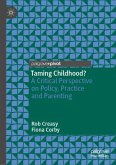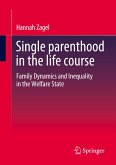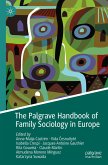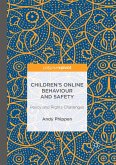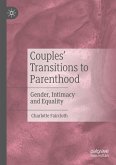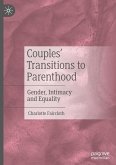This book dissects the reproductive intentions and behaviours of the one-child generation cohort in China, situated in the wider context of changing family life patterns and gendered lenses. Demonstrating that the one-child family is still favoured by the one-child generation, this book uncovers the socioeconomic dimensions and mechanisms of family relations underlying young people's decision-making processes. It also incorporates individual considerations and experiences of childbearing from over 50 interviews to contribute to the development of China's social policy. Whereas men's childbearing beliefs were relatively unexplored in the literature, the author included male interviewees to better reflect gender differences in relation to childbearing, employment and family. Analysing the relationship between life routine and the desire (or lack thereof) to increase China's population, the author argues that the current childbearing policy fails to accommodate theneeds and demands of young people, thus limiting the uptake of China's new policy.


